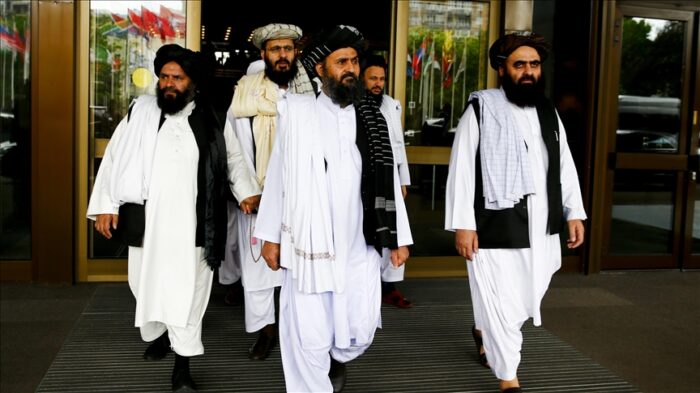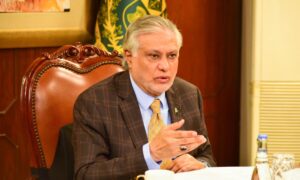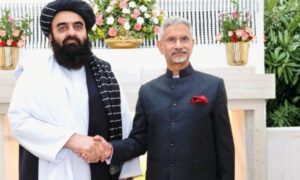
File Picture
The recent disappearance of Mullah Abdul Ghani Baradar, the Deputy Prime Minister of the Islamic Emirate in Afghanistan from the public eye, shows that all is not well within the Taliban top leadership.
There have been reports of divisions among the Taliban leadership, raising questions about the unity within the group which took over Afghanistan last month, reported Al Jazeera.
Sources told Al Jazeera the discord is “very real” and if disharmony grows, it will spell trouble for the people.
The public’s doubts about the group’s unity only increased earlier this month, when Baradar seemed to have disappeared from public view, with some reports suggesting he was killed.
When Baradar did reappear, it was in a pre-recorded video. Clearly reading from some sort of a statement, Baradar said his fading from the public eye was the result of travel, and that the Taliban, “have compassion among ourselves, more than a family”, reported Al Jazeera.
In a final bid to ease suspicions about his death or injury, Baradar was photographed attending a meeting with United Nations officials on Monday.
However, a writer and reporter who has spent several years covering the Taliban said the divisions are the result of a political-military divide. The hardliners, he said, “feel that they are owed things for 20 years of fighting”, reported Al Jazeera.
A political source who has a decades-long relationship with the Taliban’s top brass agreed and said that the effects of the rift extend from the halls of power to the streets, where the Taliban fighters have been going through major cities and forcefully taking the belongings of former officials and their families.
“Right now, all they care about is taking people’s cars and houses,” the source said.
Families of former officials have told Al Jazeera that Taliban fighters have tried to seize their belongings, including homes they rented and their private cars.
[the_ad id=”41103″]


















